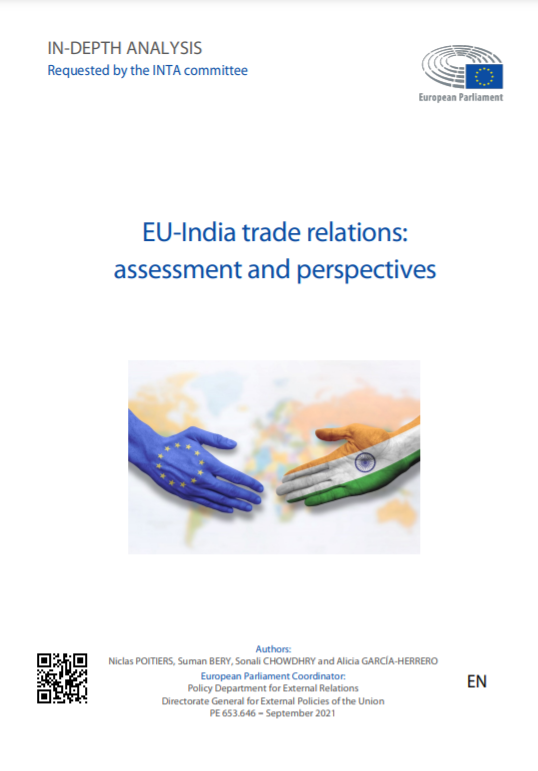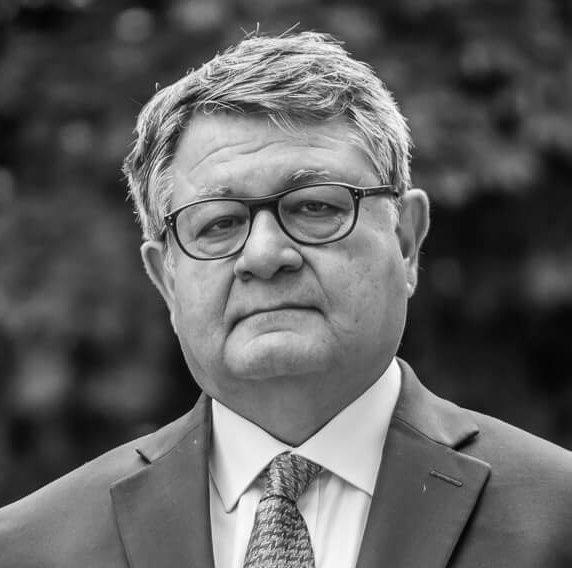Opinion
Elections, institutions and statecraft: A tumultuous year for Modi in India
With the turn of the year, India has firmly entered election mode. Recent regional elections have begun to shift the political landscape, while tensions continue to simmer between the Reserve Bank of India and the Ministry of Finance. How the Modi government sees out this term could set important precedents for the incoming government in May 2019.
This opinion was published as part of an EAF special feature series on 2018 in review.
With the close of 2018, India has firmly entered election mode. A new Union Parliament needs to be sworn in by May 2019, closing the Modi government’s fifth year in power. This will mark four full-term governments in a row, evenly divided between the United Progressive Alliance led by the Indian National Congress (INC) and the current National Democratic Alliance dominated by Mr Modi’s Bhartiya Janata Party (BJP). This continuity is a useful reminder of India’s underlying political stability despite its fractured, raucous and often criminal politics.
This year’s parliamentary election follows assembly elections in five states in late 2018. Of these, three (Rajasthan, Madhya Pradesh and Chhattisgarh) were followed particularly closely. All three are part of the ‘Hindu heartland’ regarded as the core of the BJP’s base. The three elections were also significant in being contested primarily by the two national (INC and BJP) parties, without a major regional party to split the vote.
Election results were declared on December 11th. The INC will replace the BJP to form new state governments in these three states, although with narrow margins in both Rajasthan and Madhya Pradesh. These results provide a much-needed boost for Rahul Gandhi, who was elected to succeed his mother Sonia Gandhi as INC president in December 2017. Since then he has been the target of bitter personal attacks by Prime Minister Modi as symbolising the dynastic, elitist, westernised and corrupt politics of the INC. The electoral outcomes suggest that these attacks have not generated much traction.
India has also had a big year on the external front: the Trump administration’s sanctions on Iran (an important oil supplier for India); a new government in Pakistan with close links to the military; a volatile but increasingly dense, nuanced and contentious economic and security relationship with China; and shifting sentiments by portfolio investors against emerging markets. But it is arguably domestic developments in banking and finance that have been the most significant theme over the past year.
Here, the landmark event was the terse, unexpected resignation of Dr. Urjit Patel from the post of governor of the Reserve Bank of India (RBI) on December 10th, citing personal reasons. Patel was an appointee of the Modi government and he departed overnight nine months before his three-year term was to end. The government moved quickly to name his replacement, Shaktikanta Das. Das is a recently retired civil servant with long experience in the Ministry of Finance (including at the time of India’s controversial reissue of currency in 2016, labelled demonetisation by the Indian press) and Modi’s sherpa for the G20 Leaders summits.
Tensions between the Ministry of Finance and the RBI that had been accumulating for at least a year burst into public view in October 2018 with an uncharacteristically public spat over the former’s policy independence. At the heart of the dispute is the appropriate approach to addressing deteriorating asset quality in India’s banks. Supervision and regulation of deposit-taking banks and (to a lesser degree) non-bank financial companies lie with the RBI. While in principle such regulation is blind to ownership, some 70% of commercial banking assets lie with public sector banks (PSBs) where the government holds the majority share.
Trying to get ahead of the curve, over the last two years the RBI has imposed increasingly stringent loan classification rules on all banks, forcing them to recognise the true quality of their loan assets and to set aside appropriate provisions. This has particularly affected the PSBs, revealing the erosion of profitability and net worth. It also creates a need for additional equity capital from government to maintain its majority stake. This is a fiscal challenge for the government. Resolution of impaired credit assets is also politically harder where PSBs are concerned. There are allegations of connected lending, and any debt-relief is seen as a giveaway to politically-connected cronies.
The perception of corruption in bank lending decisions has been aggravated by recurring large frauds perpetrated on the PSBs by absconding borrowers. Not surprisingly the government considers it the RBI’s responsibility to inspect the internal controls of all banks, while the RBI argues that, under the relevant statute, it lacks enforcement powers over PSBs.
The puzzle behind Patel’s precipitate resignation is that, in most respects, the RBI and the government are aligned on key policy goals. To its great credit the Modi government has put in place bankruptcy legislation that has real bite in contrast to the shadowboxing of the past. Together with RBI’s pressure on the banks, this has finally led to changes in management control of defaulting companies. The RBI’s supervisory stance is consistent with international experience in limiting lending by zombie banks (prompt corrective action), and in seeking quick recapitalisation.
While one can understand the nervousness of a government facing election in six months, flinching now threatens to undo the important progress that has been achieved. The arrival of a seasoned bureaucrat as RBI governor should allow a refocus on these shared goals, taking politics out of lending and repayment, and prompting the incoming government to revisit the need for majority control of the PSBs.
Republishing and referencing
Bruegel considers itself a public good and takes no institutional standpoint.
Due to copyright agreements we ask that you kindly email request to republish opinions that have appeared in print to [email protected].









